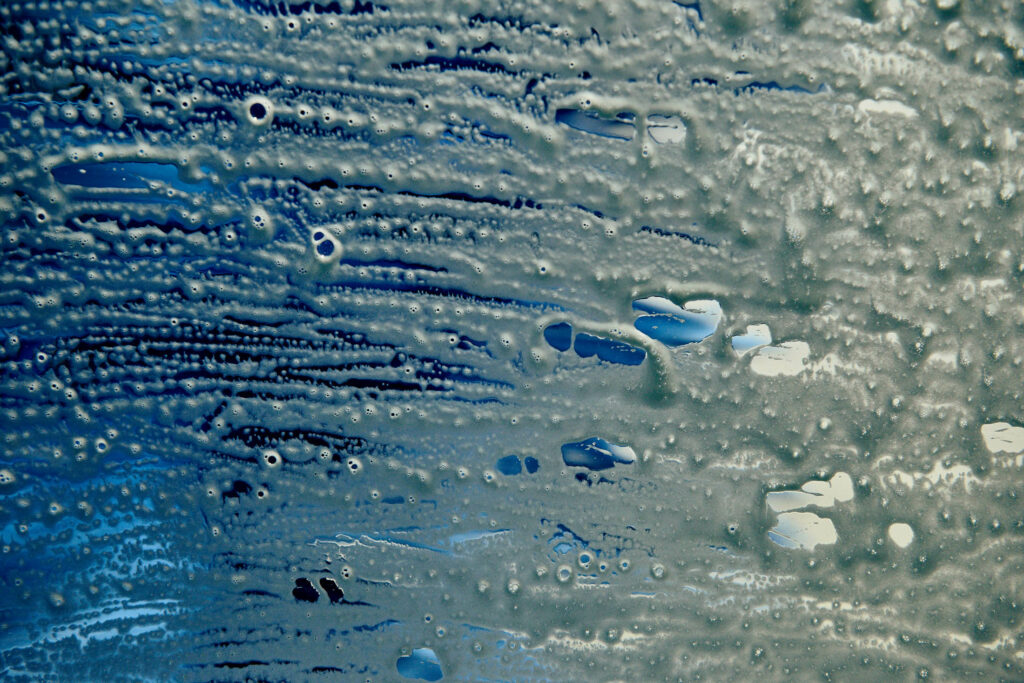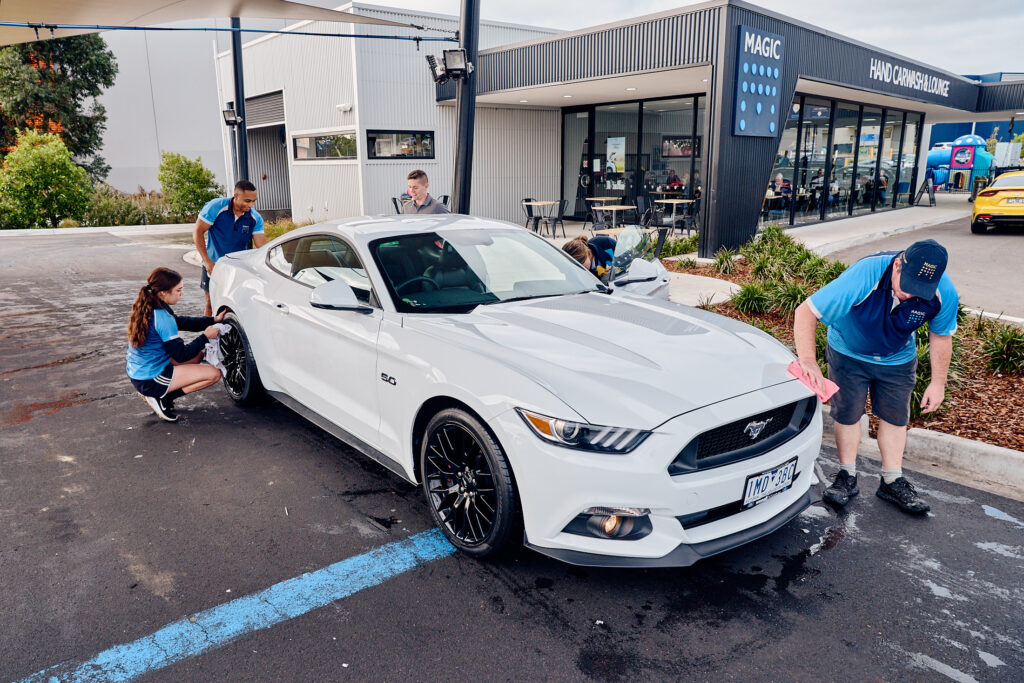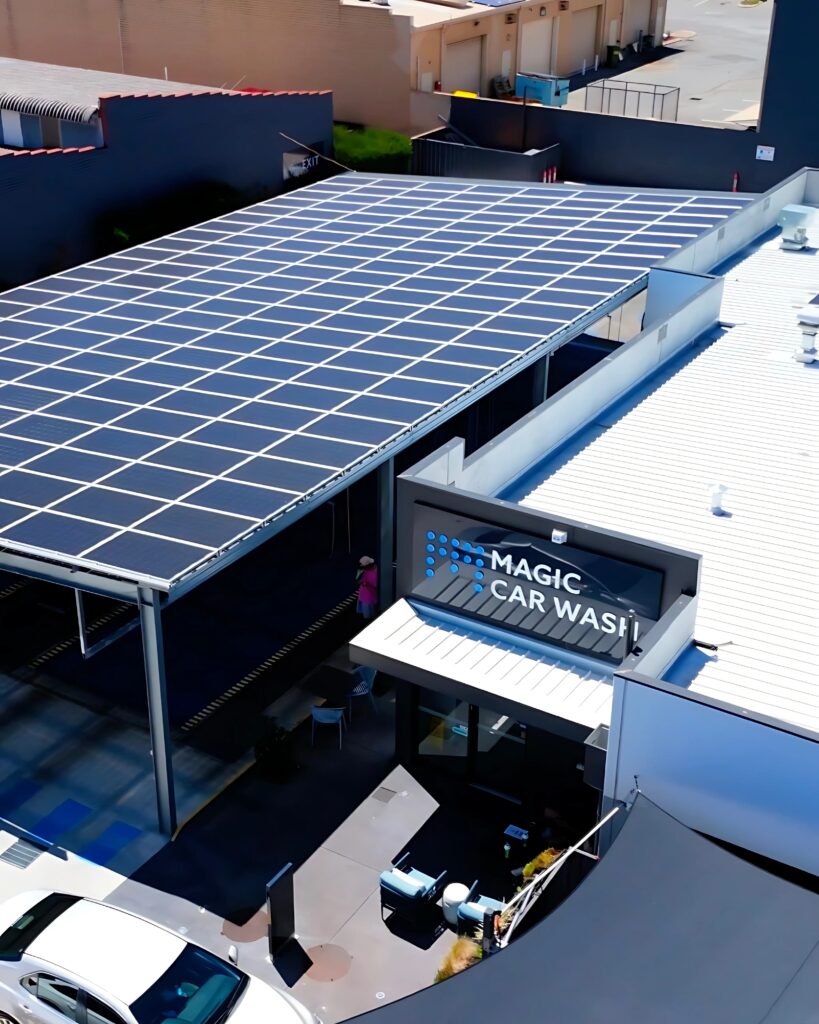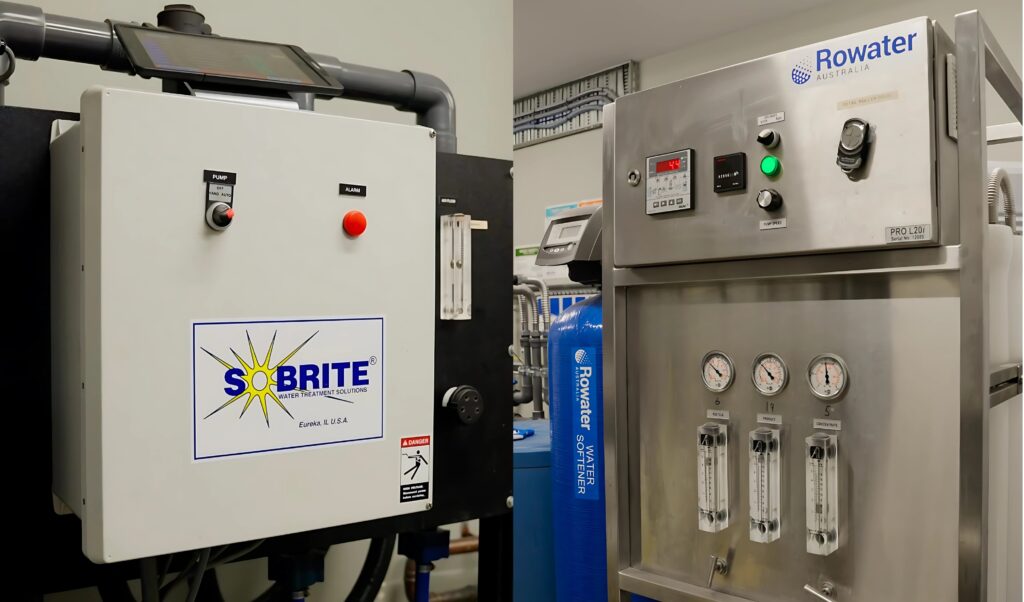Giving your car a quick clean in the driveway with a hose and bucket might feel like the easy option, but it’s costing the environment and your water bill more than you think. With up to 100 litres of water—and a hefty dose of dirt, grime, and pollutants—washing straight into our stormwater systems, those DIY washes can harm local waterways and the ecosystems that rely on them.
An eco-friendly car wash benefits everyone, and modern commercial car washes are built to be sustainable from the ground up. There are eco-friendly car wash products, water recycling systems, and carefully managed chemicals that reduce the environmental footprint of your wash.
The numbers back it up, too. According to the Australian Car Wash Association (ACWA), a single professional car wash uses as little water as a five-minute shower or four minutes of garden watering, all while ensuring that dirty runoff is treated before it can harm the environment.
The Environmental Cost of Home Car Washing in Australia
Unlike commercial car washes, which follow strict EPA regulations to treat and dispose of contaminated water, washing at home allows pollutants—like oil, grease, and harsh detergents—to flow untreated into stormwater drains. This runoff can end up in local rivers, creeks, and oceans, harming our aquatic ecosystems. Home car washes also waste enormous amounts of water compared to the efficient systems used in professional car washes.
Untreated Runoff: A Threat to Australian Waterways
When you wash your car in the driveway, everything that washes off – from oil and grease to detergents, brake dust, and heavy metals – flows directly into the stormwater drains. These drains lead straight to our local rivers, creeks, and ultimately, the ocean. Unlike wastewater from your sink or toilet, stormwater is generally not treated before it’s discharged. This means a cocktail of pollutants enters sensitive aquatic environments, disrupting ecosystems, harming wildlife, and potentially impacting human health.
Water Waste: The Hidden Impact of Driveway Washes
Beyond the pollutants, the sheer volume of water used in a typical home car wash is significant. While it might feel efficient with a hose and bucket, estimates suggest a single driveway wash can use up to 100 litres of water, or even more if the hose is left running. This contrasts sharply with modern commercial car washes that utilize advanced water recycling systems, precision nozzles, and efficient processes to drastically reduce water consumption per vehicle, often using as little water as a short shower. This contributes to unnecessary strain on Australia’s precious freshwater resources.



